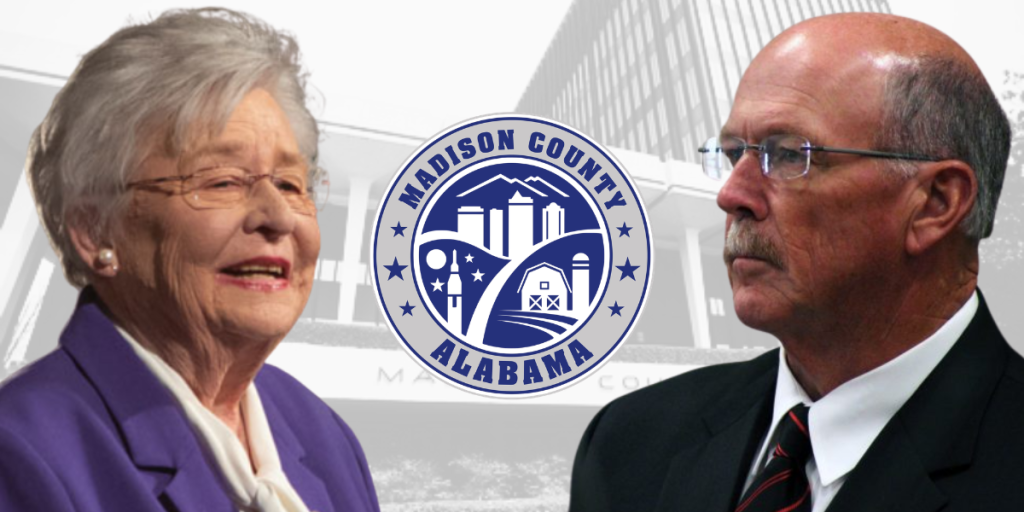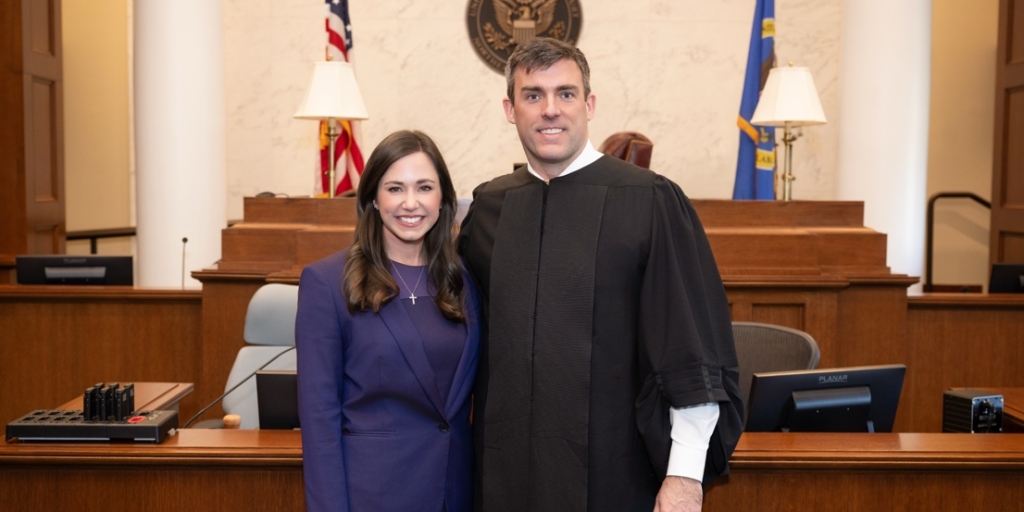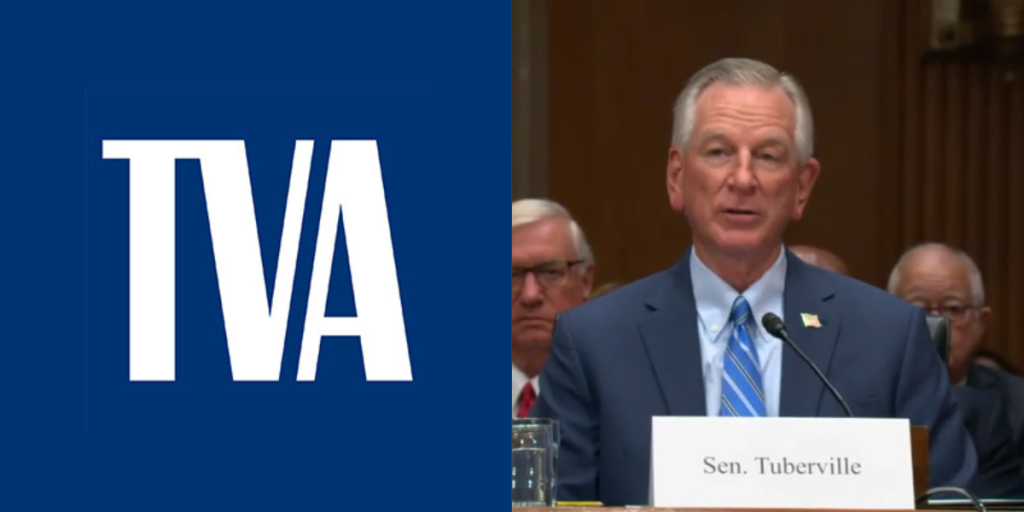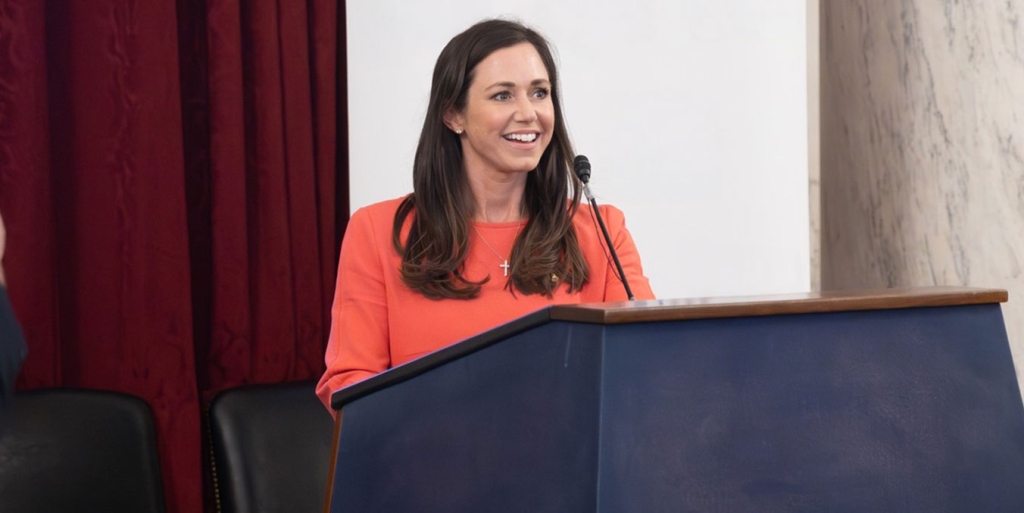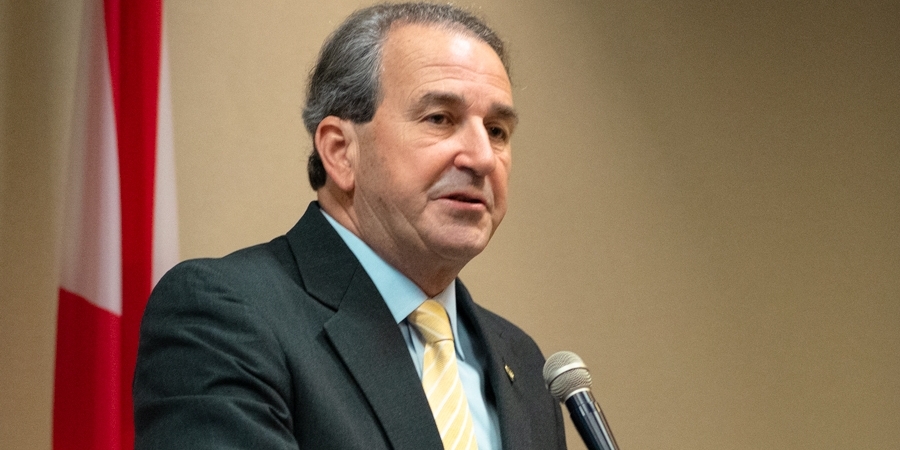U.S. Sen. Richard Shelby (R-AL) on Tuesday announced the awarding of two U.S. Department of Transportation (DOT) grants which will be allocated toward funding two Alabama infrastructure projects.
The awards, which were funded through the Rebuilding American Infrastructure with Sustainability and Equity (RAISE) grant program, will be appropriated toward infrastructure improvements for the city of Tuscaloosa and Auburn University.
Alabama’s senior senator hailed the grants as funding which would prove to be of long-term benefit for the areas.
“I am very pleased that Alabama will receive more than $18 million for local infrastructure improvements through DOT’s RAISE Grant Program,” proclaimed Shelby. “These are worthy projects that support increased safety and economic growth opportunity for communities in our state. The livelihood of rural areas in Alabama relies on our core infrastructure, and any enhancements to that will undoubtedly benefit the area for years to come.”
The grant for the city of Tuscaloosa will provide over $17 million for the Tuscaloosa University Boulevard Corridor Project. According to the announcement, the project’s goal is to improve safety and accessibility throughout West Central Alabama.
The project includes transportation enhancement, technology improvements and storm-water draining along Tuscaloosa’s University Boulevard corridor. This encompasses curb, gutter, and drainage construction, utility installation, addition of bike lanes, and the reconfiguration of the roadway.
Auburn University’s award, which totals more than $1.3 million, will be provided toward STEP UP (Safe Transportation for Every Pedestrian in Underserved Communities Program) Alabama.
The announcement advised that the project “will fund community outreach and subsequent construction plans for pedestrian improvement projects at 11 sites within 10 communities in Alabama’s rural Black Belt region. The project sites were selected due to the existence of nearby public housing, the number of pedestrian trip generators, and the relative absence of adequate pedestrian infrastructure.”
EDITOR’S NOTE: This article has been updated to correct the description of Auburn University’s RAISE grant.
Dylan Smith is a staff writer for Yellowhammer News. You can follow him on Twitter @DylanSmithAL





